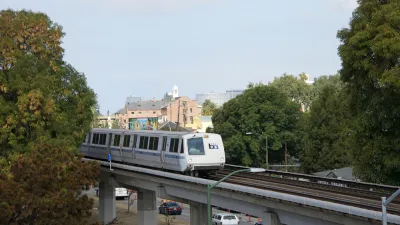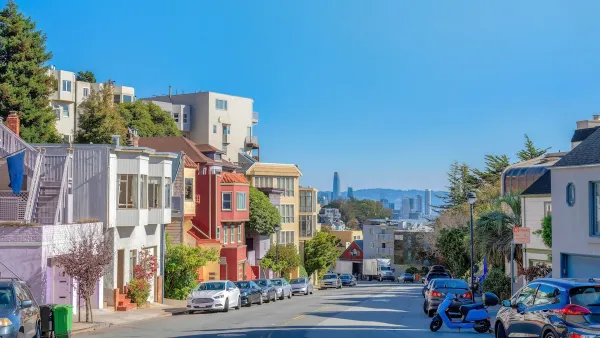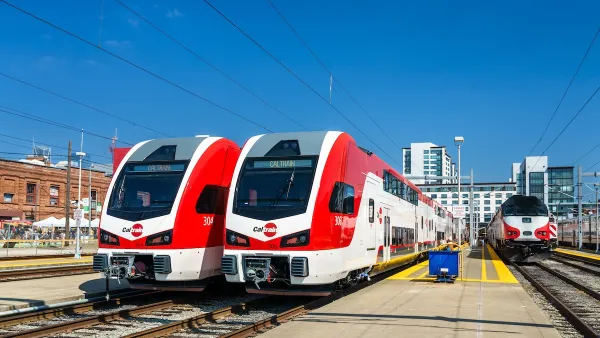We can’t simply rely on the federal government to solve the San Francisco Bay Area’s challenges. Time and time again, we have turned to local do-it-yourself solutions. This year, voters rolled up their sleeves and took matters into their own hands.

Much of the conversation over the past week has understandably focused on the national election results—what it might say about the current state of our country and what it portends for our future. Hate-filled language from the campaign trail has many Americans wondering “Am I welcome and safe in my community?” Likewise, Trump’s promises to slash federal environmental protections raise deep concerns about our water, air, and climate.
Yet in this time of uncertainty, it’s important to reflect on another powerful story about the election: what the local results say about the future of the San Francisco Bay Area. Jeremy Madsen, CEO of Greenbelt Alliance, writes an editorial celebrating the resounding support for sustainable and inclusive planning efforts.
In sharp contrast to the national election results, the Bay Area's election results showed millions of voters marked their ballots “yes” for a more sustainable and inclusive future. In local elections around the region, people chose to invest in building more homes that people can afford, improve transportation choices, and protect natural landscapes and local farms.
Madsen cites the following measures as evidence:
- Measure K in Sonoma County.
- Measure RR in San Francisco, Alameda, and Contra Costa counties.
- Measure A in Santa Clara County.
- Measure N1 in the city of Albany.
In an appeal to "think globally, act locally," Madsen writes:
That means being a welcoming neighbor. We’ve all watched the housing affordability crisis force people out of our communities and into ever-lengthening commutes to the edges of the region. Each of us can be part of the solution. When new homes are being considered in town — especially if they’ll serve those most in need — we can speak up in support. If a new transit hub or bike lane is being proposed, we can be a positive voice for change. That’s what we’re about here — giving people of all walks of life a chance to succeed.
The Greenbelt Alliance has also collected election results at greenbelt.org/voter-guide.
FULL STORY: Bay Area Voted for a Sustainable and Inclusive Future

Analysis: Cybertruck Fatality Rate Far Exceeds That of Ford Pinto
The Tesla Cybertruck was recalled seven times last year.

National Parks Layoffs Will Cause Communities to Lose Billions
Thousands of essential park workers were laid off this week, just before the busy spring break season.

Retro-silient?: America’s First “Eco-burb,” The Woodlands Turns 50
A master-planned community north of Houston offers lessons on green infrastructure and resilient design, but falls short of its founder’s lofty affordability and walkability goals.

Test News Post 1
This is a summary

Analysis: Cybertruck Fatality Rate Far Exceeds That of Ford Pinto
The Tesla Cybertruck was recalled seven times last year.

Test News Headline 46
Test for the image on the front page.
Urban Design for Planners 1: Software Tools
This six-course series explores essential urban design concepts using open source software and equips planners with the tools they need to participate fully in the urban design process.
Planning for Universal Design
Learn the tools for implementing Universal Design in planning regulations.
EMC Planning Group, Inc.
Planetizen
Planetizen
Mpact (formerly Rail~Volution)
Great Falls Development Authority, Inc.
HUDs Office of Policy Development and Research
NYU Wagner Graduate School of Public Service



























